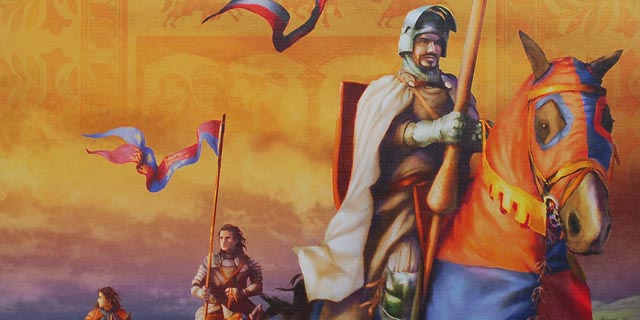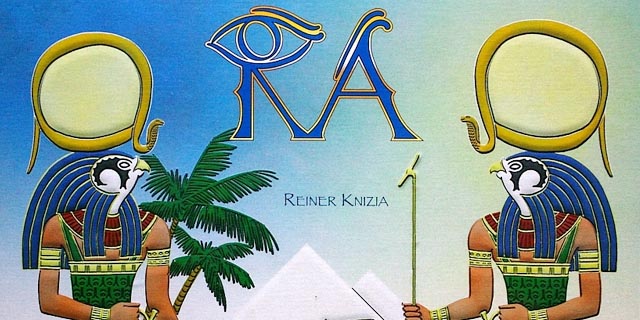
The games I cover in this column are for social gaming, generally for groups from three to six, and even sometimes up to twelve. Occasionally some of these accommodate two players, and a few are for one-on-one play exclusively, but what do you do while you’re waiting for your friends to show up? Some variant of solitaire is always an option, I guess, but designer Shadi Torbey has another option: Onirim (published by Z-Man Games). READ MORE

In the My Favorite Game series, get to know us better as staff writers share the game they love most and why.
My mom bought me a subscription to Nintendo Power that I still have to this day. The very first NP I received was Volume 2, Issue 1 (July/August 1989), which featured Mega Man 2 on the cover. I had been interested in the original Mega Man when I first saw it in an unofficial off-the-newsstand NES strategy guide, but the game didn’t sell very well and by the time my brother and I had our NES it was basically impossible to find, as this was aeons before GameStop – not to mention pre-owned games in general – were even a thing. I checked out the coverage on the sequel and could not have wanted it more. READ MORE

I’ve covered a lot of worker-placement games in this column. Almost all of them use the mechanic of “first come, first served,” where placing one of your guys on a space will prevent others from doing so. Lancaster (designed by Matthias Cramer and published by Queen Games) twists this by giving each knight a strength of one to four, and letting stronger knights oust weaker ones for control of a given space. It’s not the only innovation Lancaster brings to the game table, but it is certainly the game’s defining feature. READ MORE

There are few board games that can cause players to actively chant in the hopes of invoking the arrival of a god. There are even a couple that should cause everyone else in the room to run the heck away should that start to happen. (Arkham Horror, I’m looking at you!) When it occurs during a session of Reiner Knizia’s 1999 classic Ra, however, it’s more good-natured taunting than it is ominous insanity. READ MORE

Modern boardgaming has no shortage of awesome new titles arriving on store shelves every month, but digging back to explore the roots of the hobby can be just as rewarding. This past week I was introduced to Reiner Knizia’s Medici, a game first published in 1995; I realize with no small amount of angst that this date quite possibly makes the game older than some of you reading this column (or at least your younger siblings), but for me that date is forever tied to graduating from high school. READ MORE
























